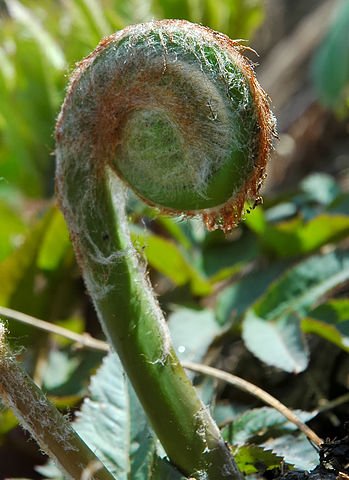Zenmai is the Japanese name for the Asian Royal Fern or Osmunda japonica. It’s an edible fern that has also been proven to purify air indoors. This is a practice of unfoldment to be done in Nature. It’s inspired by my studying with Steve March (Aletheia) for coaching and Mark Coleman (Awake In the Wild) for mindfulness in Nature. I am grateful for their wisdom and teachings.
Start by taking a long walk in nature where you can be mostly undisturbed. Refrain from talking to people and using your phone. Pay attention to all examples of zenmai or unfurling of leaves, ferns or other plants that you are encountering. Notice the life potential that is unfolding itself naturally in this process.
When you are ready, sit down for a meditation. Take a few deep breaths, inhaling through the nose and exhaling through the mouth. Gently close your eyes and turn your awareness to your breath. Once you feel settled and present, allow yourself to just be, let yourself unfold.
What are you feeling? What are you sensing in your body? What are you observing in this moment? Can you sense into your innate wholeness? Bringing back to mind one example of zenmai that you encountered during your walk, remember how beautiful it was in its own unfolding. Can you feel the same about yourself?
Trust that the life you want will unfold from where you are now. As you become more aware of the natural process of unfoldment, the one of the fern or leaves that you observed or your own that you are now experiencing, your trust in it will deepen. Accept, love, and value yourself exactly as you are.
When you are ready to end this practice, gently open your eyes and stretch.











